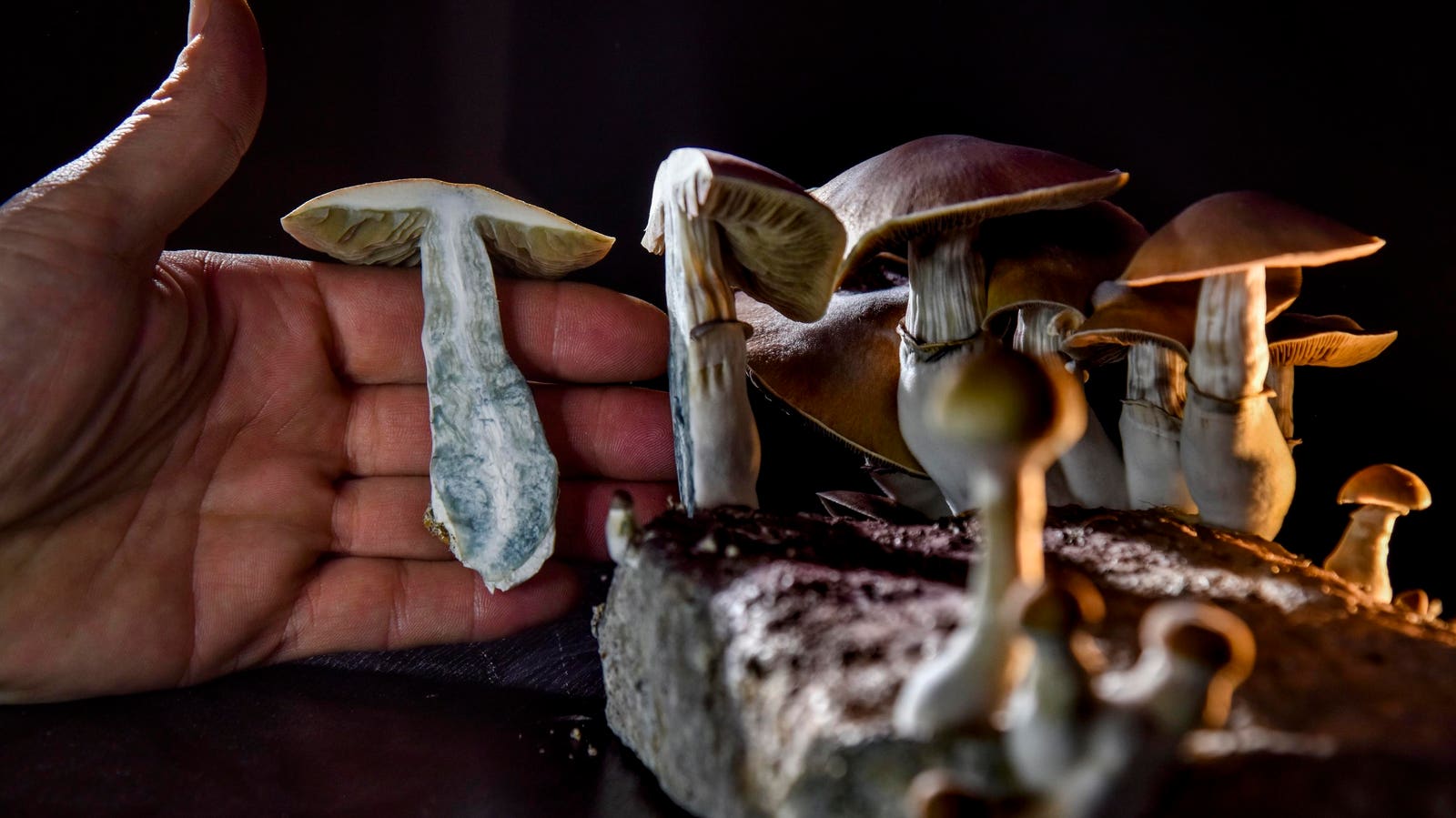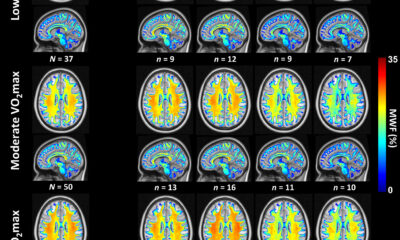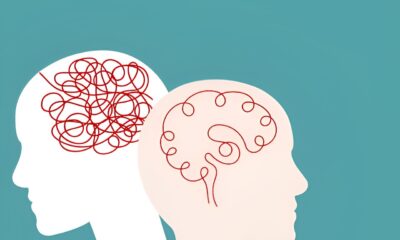Health
Can magic mushrooms help treat depression? Research points to psilocybin as a potential antidepressant.

Topline
Psilocybin, the active ingredient in magic mushrooms, could potentially be used to treat depression. This is evident from new research published on Wednesday. The latest evidence suggests psychedelics may have a role in psychiatry, as companies and campaigners push for the controversial substances to be introduced into mainstream medicine.
Research shows that psilocybin could potentially be used to treat depression.
Key facts
High doses of psilocybin appear to have a similar effect on depression symptoms as the popular antidepressant escitalopram, according to the peer-reviewed study published in the medical journal BMJ.
Escitalopram, sold under the brand names Lexapro and Cipralex, belongs to a class of drugs widely used to treat depression and other mental health problems called selective serotonin reuptake inhibitors (SSRIs), and it is one of the most commonly prescribed medications in the United States. States.
Evidence supporting the use of psychedelics such as psilocybin to treat mental health problems is often flawed, inconsistent and shows small effect sizes, the researchers said. They reviewed and analyzed data from nearly 3,000 people in twenty studies of the drugs to gain a more accurate understanding. on their ability to treat depressive symptoms.
The studies involved about 800 people from 15 studies of psychedelics and about 2,000 from five studies of escitalopram — some of which directly compared psilocybin and escitalopram — to see how the drugs affected depression symptoms, measured on a commonly used scale, compared to a placebo .
The researchers said that while most psychedelics outperformed placebo in the psychedelic trials, only high doses of psilocybin outperformed placebo in escitalopram trials, where they showed a small effect.
The effect was “similar to that of current antidepressants,” the researchers said, concluding that high doses of psilocybin “could have the potential to treat depressive symptoms.”
Will we ever have psychedelic medicine?
Psychedelics are closer to entering mainstream clinical practice than ever before after decades of work by advocates, researchers, and biotech and pharmaceutical companies, but despite their promise, there are significant hurdles to overcome before they can be used outside of clinical trials. Psychedelics are a broad group of medications that can do that change mood, thoughts and perception and include LSD, psilocybin, ketamine and MDMA, or ecstasy. Psychedelics are criminalized in many parts of the world – often under the strictest classification of illegal drugs available – complicating scientists’ efforts to conduct rigorous research to grow reports they could potentially be used to treat a wide range of psychiatric problems and raise the bar that companies must raise if they hope to bring a treatment around a controlled substance to market. Many mental health conditions, including depression, PTSD, anxiety, schizophrenia, and bipolar disorders, can be difficult to treat or resist the available treatments. Experts say progress in developing new drugs has been “slow and disappointing,” despite the desperate need for new and improved treatments. Psychedelics show promise here, but are also difficult to assess against typical clinical trials, because the mind-altering nature of the drugs often means that participants are aware of whether they have been given a placebo or an active substance in a study.
What to pay attention to
In August, the Food and Drug Administration dashed hopes of ushering in a new era of psychedelic medicine when it denied Lykos Therapeutics’ application to use MDMA and psychotherapy to treat post-traumatic stress disorder. The decision put an end to what many had hoped would be a milestone for the medicine, and the regulator requested that the company conduct an additional late-stage study to further investigate the treatment’s safety and efficacy. This could take years to complete and Lykos has done just that said she plans to meet with the FDA and ask it to reconsider the decision with a view to reapplying for the treatment. Lykos said PTSD affects about 13 million Americans, who he said could benefit from its treatment. The condition disproportionately affects women and disadvantaged or marginalized groups, as well as military personnel and veterans.
Tangent
The researchers said none of the interventions studied were associated with higher rates of serious adverse events, including death, hospitalization or suicide attempts.
Receive text alerts from Forbes Breaking News: We’re launching text alerts so you’re always up to date on the top stories driving the day’s headlines. Text “Alerts” to (201) 335-0739 or Log In here.













